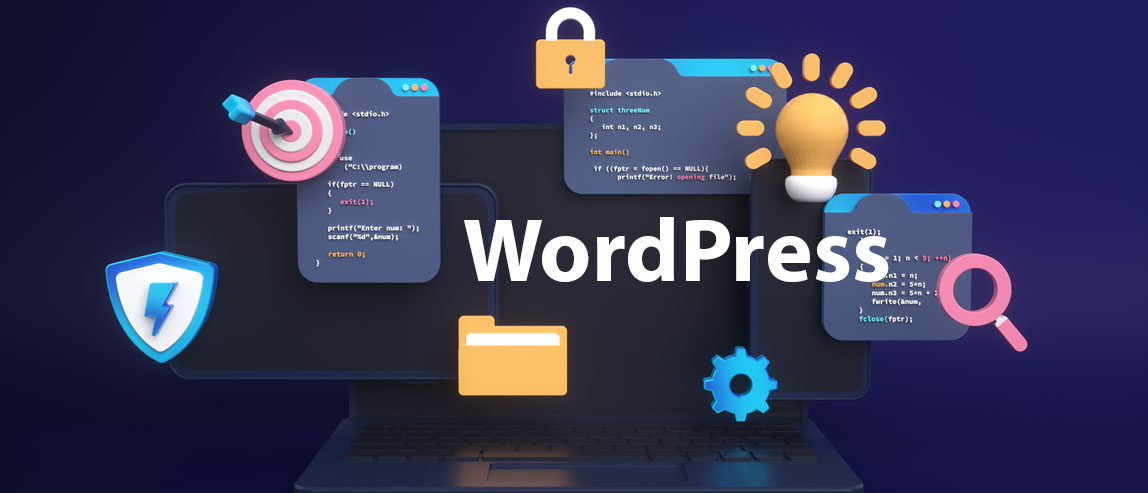Choosing the right web hosting service is a critical decision for any website owner. The hosting provider you select can significantly impact your website’s performance, security, and reliability. With a multitude of hosting options available, it’s essential to understand the different types of hosting and the key factors to consider when making your choice. Here’s a comprehensive guide on how to choose the right web hosting for your website.
Types of Web Hosting
The first step in choosing the right hosting is understanding the various types of hosting services available:
- Shared Hosting: This is the most common and affordable type of hosting, where multiple websites share the same server resources. It’s ideal for small websites and beginners but can have limitations in terms of speed and scalability.
- Virtual Private Server (VPS) Hosting: VPS hosting provides more control and resources than shared hosting. Each website has its own virtual environment, offering better performance and flexibility. It’s suitable for websites that have outgrown shared hosting but don’t need a dedicated server.
- Dedicated Hosting: With dedicated hosting, you have an entire server to yourself, providing maximum control, security, and performance. This option is best for large websites with high traffic or specific security requirements.
- Cloud Hosting: Cloud hosting utilizes a network of servers to provide scalable resources on demand. It’s ideal for websites with fluctuating traffic or those needing high scalability and redundancy.
- Managed Hosting: In managed hosting, the hosting provider handles all technical aspects, including updates, security, and backups. This type is often used for platforms like WordPress and is perfect for those who prefer a hands-off approach.
Factors to Consider
When choosing the right web hosting, consider these key factors:
- Performance and Speed: Look for a hosting provider that offers fast server response times and robust hardware to ensure your website loads quickly. Consider factors like Content Delivery Networks (CDNs) and server locations to enhance performance.
- Uptime and Reliability: Check the hosting provider’s uptime guarantees. A high uptime (99.9% or higher) is essential to ensure your website is always accessible to visitors.
- Scalability: Choose a hosting service that can scale with your website’s growth. This is particularly important for businesses and e-commerce sites that anticipate increased traffic over time.
- Security: Security features are crucial to protect your website from cyber threats. Look for hosting providers that offer SSL certificates, regular backups, firewalls, and malware detection.
- Customer Support: Reliable customer support is essential when you encounter technical issues. Ensure the hosting provider offers 24/7 support via multiple channels, including chat, phone, and email.
- Pricing and Value: Compare hosting plans to find the best value for your budget. Be wary of hidden fees and ensure the plan includes the features you need without unnecessary extras.
- Specific Requirements: Consider any specific requirements your website may have, such as e-commerce functionality, integration with certain platforms, or compliance with data protection regulations.
Choosing the right web hosting is a critical step in building a successful website. By understanding the different hosting types and considering factors like performance, scalability, security, and support, you can find a hosting solution that meets your needs. Take the time to research and compare options, and don’t hesitate to reach out to hosting providers with questions. With the right hosting, your website will have a solid foundation for growth and success.









